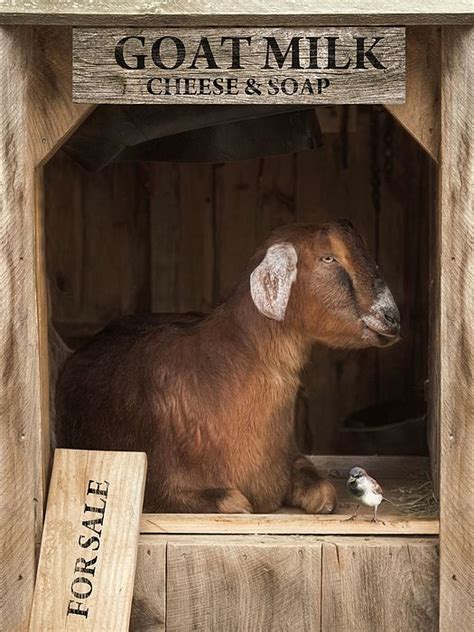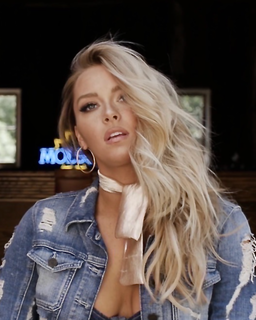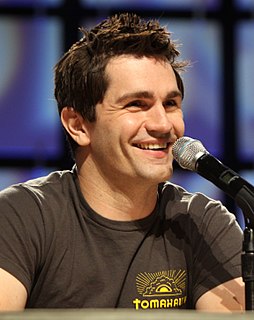A Quote by Chelsea Cain
Often we don't even know what we think ourselves about people in our lives.
Related Quotes
As an introvert, you can be your own best friend or your worst enemy. The good news is we generally like our own company, a quality that extroverts often envy. We find comfort in solitude and know how to soothe ourselves. Even our willingness to look at ourselves critically is often helpful.But, we can go too far. We can hoard responsibility and overlook the role others play. We can kick ourselves when we're down. How many times have you felt lousy about something, only to get mad at yourself for feeling lousy?
We wake up and go to sleep with ourselves every single day. We see ourselves in the mirror from every angle. We know what we look like. We know what makes us happy about our bodies and what upsets us. And we don't need to value the opinions of others at all - especially from people who that we don't even know, or that we don't care about.
The personal boundaries, I think for comedians they're a little bit different anyway, but I think people - feel free to do stuff - It's interesting with comedians because when we walk on stage, oftentimes we're talking about ourselves for an hour and we're talking about very intimate details, so after hearing us for an hour, a lot of people feel very comfortable with us because they feel like they know us and they're our friends because we just told them our innermost secrets and details of our lives for an hour. What they forget is we know absolutely nothing about the audience.
When something goes wrong in our lives we often ask ourselves "Who was present?" and if there was ever a singular person that was present in whatever the event was when something changed our lives. If we can't get beyond that event, we become obsessed with it or it changed our life in a way that we can't make sense of. We often seek out that person because that was the last time our lives made sense.
No matter what is happening in our lives, we choose how we wish to think about it. And the greatest gift we give ourselves is often our willingness to change our minds. Despite what might seem to be the saddest and most intractable situation, we have the power to believe that something else is possible, that things can change, that a miracle can happen.
I told him the truth, that I loved him and didn't regret anything about our lives together. But do we ever 'tell the truth, the whole truth, and nothing but the truth, so help me God' as my father used to say, to those we love? Or even to ourselves? Don't even the best and most fortunate of lives hint at other possibilities, at a different kind of sweetness and, yes, bitterness too? Isn't this why we can't help feeling cheated, even when we know we haven't been?
Often when people are claiming that they are not creative, they mean that they are not artists, writers, athletes, or any other media types demonstrating creativity. Or they know someone who always seems to have a lot of ideas and know that they can't match that. We all have a tendency to idolize those who create what we see in the media. I think it's better to use these people as models rather than idols, especially when these people have aspects of their lives that are similar to us. Then we can take their inspiration as we go on to be creative in our own way in our own lives.
To get a person's real opinion, ask what she thinks everyone else believes... If people truly hold a particular belief, they are more likely to think that others agree or have had similar experiences. [People] tend to assume that other people have had life histories at least somewhat similar to their own. When we talk about other people, we are often talking about ourselves, whether we know it ourselves.
Life hands us a lot of hard choices, and other people can help us more than we might realize. We often think we should make important decisions using just our own internal resources. What are the pros and cons? What does my gut tell me? But often we have friends and family who know us in ways we don't know ourselves.






































